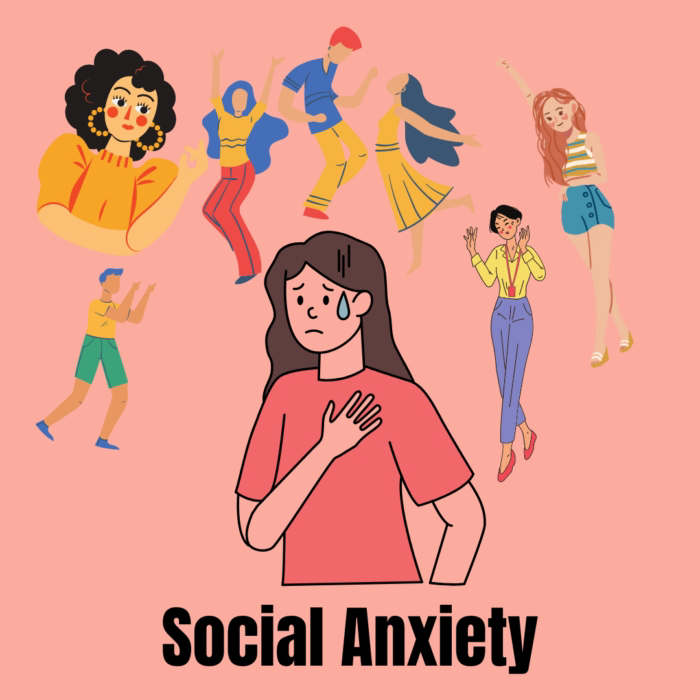Potential Downsides of Overworking Defensively:
1. Burnout & Fatigue – Constantly playing with extreme defensive effort can drain your energy, leading to decreased performance in other areas (e.g., offense, decision-making).
2. Foul Trouble – Over-aggressive defense can result in unnecessary fouls, hurting your team.
3. Lack of Offensive Contribution – If you focus too much on defense, you might neglect offensive development or fail to transition effectively.
4. Predictability – Smart opponents may exploit over-aggressive defenders with pump fakes, ball fakes, or quick moves.
When It’s a Good Thing:
- If your defensive intensity is controlled, smart, and efficient, it’s a huge asset.
- Teams value lockdown defenders who can disrupt opponents without fouling.
- Defense wins championships—many players (e.g., Draymond Green, Marcus Smart) built careers on elite defense.
How to Improve Defensive Habits:
- Focus on positioning & IQ rather than just effort—anticipate plays instead of reacting wildly.
- Stay disciplined—avoid reaching, stay on your feet, and contest shots without fouling.
- Balance offense & defense—don’t sacrifice one for the other unless your role demands it.
Final Verdict:
Hard defensive work is not a bad habit—it’s a skill. But like any skill, it must be refined to avoid negative consequences. Strive for smart, efficient defense rather than just relentless hustle.
Balancing working hard and relaxing is essential for long-term productivity, mental health, and overall well-being. Here’s how you can achieve a healthy balance:
1. Set Clear Priorities
- Focus on high-impact tasks that align with your goals.
- Use the 80/20 rule (Pareto Principle)—20% of your effort often yields 80% of results.
- Avoid overworking on low-value tasks.
2. Work in Focused Intervals
- Try the Pomodoro Technique (25-50 mins work + 5 -10 min breaks).
- Deep work sessions (90-120 mins) followed by longer breaks improve efficiency.
3. Schedule Relaxation Intentionally
- Treat breaks like appointments (e.g., walks, naps, hobbies).
- Practice digital detox—avoid work-related screens during downtime.
- Engage in mindfulness/meditation to recharge.
4. Listen to Your Body & Mind
- Signs you need a break: fatigue, lack of focus, irritability.
- Chronic stress harms productivity—rest is not laziness, it’s recovery.
5. Set Boundaries
- Define work hours and stick to them (avoid "always-on" culture).
- Learn to say no to excessive workload when needed.
6. Optimize Your Energy
- Work during your peak energy hours (morning/night?).
- Relax when energy is low—don’t force unproductive work.
7. Quality Over Quantity
- Working smarter (with focus) > working longer (with burnout).
- Rest improves creativity and problem-solving.
8. Enjoy Leisure Without Guilt
- Relaxation is part of success, not a distraction.
- Hobbies, socializing, and sleep boost long-term performance.
Final Thought:
Balance isn’t about equal hours—it’s about working intensely when needed and resting deeply to sustain it.


